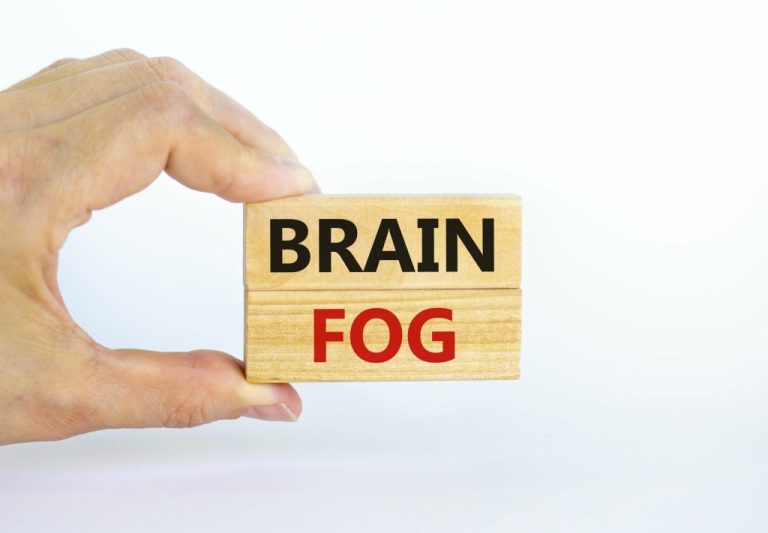Even a single night of poor sleep can make you feel like your brain is mush the next day. Welcome to Nootropics Planet, your comprehensive guide to cognitive enhancement. Explore in-depth articles on nootropic supplements that can boost memory, focus, and mood. Learn about the benefits, dosages, and potential side effects of various nootropics to make informed decisions on your journey to peak mental performance. Empower your mind with expert research, reviews, and recommendations for achieving optimal brain health and cognitive longevity. As we navigate the complexities of modern life, it’s crucial to prioritize our mental health and cognitive function.
Are there medical conditions that mimic the mushy brain feeling?
Hormones regulate numerous bodily functions, including brain health. what is mush brain Imbalances in thyroid hormones, estrogen, testosterone, and cortisol can contribute to cognitive dysfunction. Hypothyroidism, characterized by an underactive thyroid, often leads to brain fog, memory lapses, and difficulty concentrating. Sleep is essential for cognitive function, memory consolidation, and emotional regulation.
Brain Healing: Unlocking the Power of Neuroplasticity for Recovery and…
- Her incredible trajectory — from being declared brain-dead, according to her family, to now getting ready to go to college — was first documented in the Des Moines Register.
- It’s the party animal of the brain, whooping it up and causing a ruckus.
- Following medical detoxification and complete physical and mental evaluation, people with wet brain disease receive intravenous administration of thiamine, magnesium, or both.
When we normalise working this way and feeling this way, we put ourselves at great risk of experiencing serious mental and physical health problems. We have biological limits and https://ecosoberhouse.com/ there comes a point where working longer hours, sleeping less and squeezing in more simply doesn’t work. Instead, it makes us more mushy-brained, more reactive and more prone to making poor decisions. While 21st century humans have become great at listening to podcasts, whilst scrolling Instagram, whilst doing the vacuuming, we have become pretty terrible at listening to our bodies.

Why Does My Brain Feel Like Mush? Causes, Solutions, and How to Regain Mental Clarity
Engage in regular physical movement to support circulation, lymphatic flow, and neurotransmitter balance. Exercise increases BDNF (brain-derived neurotrophic factor), a molecule that supports neuroplasticity and mental resilience. If possible, Drug rehabilitation it is best to have a regular sleep routine and avoid screen time and stimulating substances before hitting the hay.

New COVID Booster Vaccine: Who Must Get it This Time?
- While occasional mental fog is normal, persistent cognitive issues could be a red flag for underlying health concerns.
- We’re constantly bombarded with information, expectations, and stimuli.
- Don’t worry, I won’t suggest anything crazy like giving up Netflix or swearing off social media forever (though a little digital detox never hurt anyone).
- Are you familiar with those days when your brain feels like it’s wrapped in a thick fuzzy blanket?
- This includes difficulty processing information, reduced working memory capacity, delayed reaction times, and trouble with problem-solving or decision-making.
Other vitamins and supplements which will help your body more effectively produce and utilize thiamine might also be recommended by your doctor. However, thiamine does little to help with Korsakoff’s psychosis as it can’t help to reverse memory loss. Wet brain is caused by a severe thiamine (vitamin B1) deficiency. Thiamine is essential for converting sugar to energy in our bodies and creating chemical messengers in our brains. Wet brain causes varying symptoms depending on the stage of your condition.

You can incorporate these tools into your lifestyle to steer clear of brain fog:
This creates a neurological environment where it is difficult for the brain to focus, remember, or recover from stress. The brain is not an isolated organ; it operates in a delicate feedback loop with the endocrine system. The hypothalamic-pituitary-adrenal (HPA) axis governs the release of cortisol, the primary stress hormone. However, when stress becomes chronic, cortisol dysregulation leads to hippocampal atrophy, impaired memory, and emotional instability. For many people, it will take something such as a heart attack, chronic fatigue, a major depressive episode or a motor vehicle accident to re-assess things. None of these are at all fun, so rather than continue along this exhausting, unhealthy mushy-brained path, there are some simple but very important things you can do.


